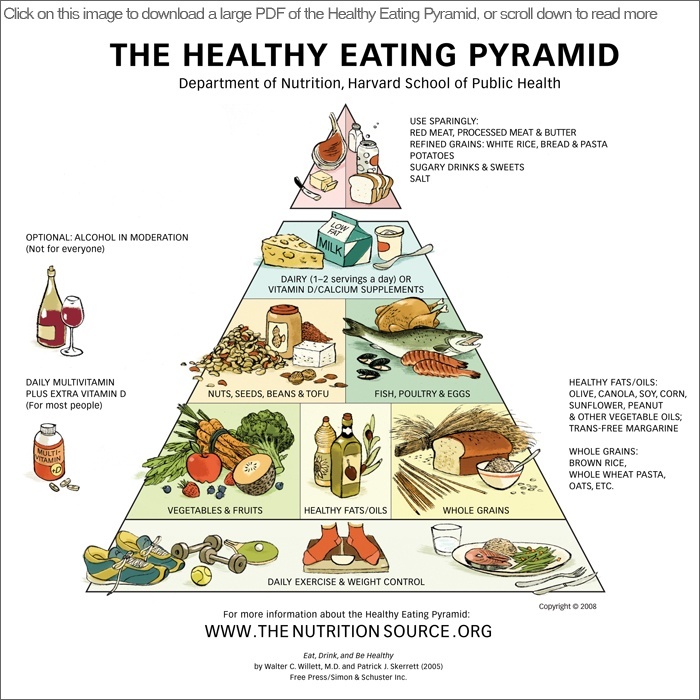Researchers Call for Healthy Diet Changes to Reduce 5th Leading Cause of Female Cancer Death
ATLANTA — A healthy diet may reduce the risk of ovarian cancer in African-American women, according to data presented at the Eighth American Association for Cancer Research (AACR) Conference on the Science of Cancer Health Disparities in Racial/Ethnic Minorities and the Medically Underserved, held Nov. 13-16. Follow the meeting on Twitter: #AACRdisp15
“Because there is currently no reliable screening available for ovarian cancer, most cases are diagnosed at advanced stages,” said the study’s author, Bo (Bonnie) Qin, PhD, a postdoctoral associate at Rutgers Cancer Institute of New Jersey.
“That highlights a critical need for identifying modifiable lifestyle factors, including dietary interventions.”
Ovarian cancer is the fifth leading cause of cancer death among women in the United States. African-American women are less likely than white women to be diagnosed with the disease, but more likely to die from it. In order to assess whether an improved diet could reduce the risk of ovarian cancer in African-American women, Qin analyzed the diets of 415 women with ovarian cancer and 629 control patients, using data from the African-American Cancer Epidemiology Study, a population-based case-control study of ovarian cancer in African-American women in 11 sites in the United States.
Widget not in any sidebars
Natural Blaze note: the diets they refer to are from different U.S. federal guidelines. This makes the results quite impressive! U.S. dietary recommendations have come under so much scrutiny over the years for their food politics and lack of nutritional emphasis. In fact, Harvard’s School of Public Health lambastes the MyPlate guidelines for demonizing heart healthy fats, idealizing dairy, and remaining silent on junk food and sugary drinks. Harvard’s new pyramid (pictured below) is the Alternative Healthy Eating Index they refer to.
The fact that women can improve their health and reduce their risk of cancer even by following the paltry USDA recommendations is indeed hopeful news that with a few changes in our food – we too can change. Harvard’s version of the pyramid proved to help women the most.
Qin; her mentor Elisa V. Bandera, MD, PhD, professor of epidemiology at Rutgers Cancer Institute of New Jersey; and fellow researchers evaluated the impact of three index-based dietary patterns: the 2005 Healthy Eating Index (HEI-2005), which was based on the federal Dietary Guidelines for Americans; the 2010 Healthy Eating Index (HEI-2010), which reflects the most recent dietary guidelines (MyPlate) and has an increased emphasis on quality; and the Alternate Healthy Eating Index-2010 (AHEI-2010), which is based on a different nutrition guide, the Healthy Eating Pyramid.
Women answered questions about their diet in the year leading up to a diagnosis (for patients) or to the time of an interview (for controls). They received scores based on numerous components of the three diets.
Qin said that among all African-American women in the study, those with the highest adherence to an AHEI-2010 diet were 34 percent less likely to be diagnosed with ovarian cancer than women with the lowest AHEI-2010 adherence.
Among postmenopausal women, the women with the highest quartile of HEI-2010 scores were 43 percent less likely to be diagnosed with ovarian cancer, and the women with the highest quartile AHEI-2010 scores were 51 percent less likely to be diagnosed with ovarian cancer than the women in the lowest quartile.
Qin said the benefits of HEI-2010 come from higher intake of total vegetables, greens, beans, seafood, and plant proteins, combined with lower intake of empty calories, such as those from solid fats, alcohol, and added sugars. Similarly, the benefits of AHEI-2010 derive from higher vegetable intake and lower intake of sugar-sweetened beverages and fruit juice.
The diets have many common elements, but AHEI-2010 has more specific recommendations for protein and fat sources, including nuts, legumes, and omega-3 fatty acids EPA and DHA. HEI-2010 uses an energy density approach, which recommends optimal intake of nutrients relative to a person’s daily diet.
Qin said further research is necessary to determine whether all aspects of the healthier diets contributed to reduced risk, or whether specific nutrients conferred the benefits.
“As a high quality diet is likely to have benefits for many chronic conditions, it is probably a safe bet for better health in general,” she said.
Qin said the main limitation of this study is that it required women to recall their diet up to one year before the study, which introduces the possibility of recall bias and inaccurate reporting.
Results: Only higher AHEI-2010 scores were associated with lower risk of ovarian cancer among all African-American women.
Conclusion: Our findings suggest, for the first time, that a healthy diet is associated with lower risk of ovarian cancer in African Americans. Adherence to the current Dietary Guidelines for Americans may reduce ovarian cancer risk among post-menopausal African-American women.
This post appeared first at Natural Blaze. Get a free newsletter from NaturalBlaze.com. Like at Facebook, Twitter and Instagram.





